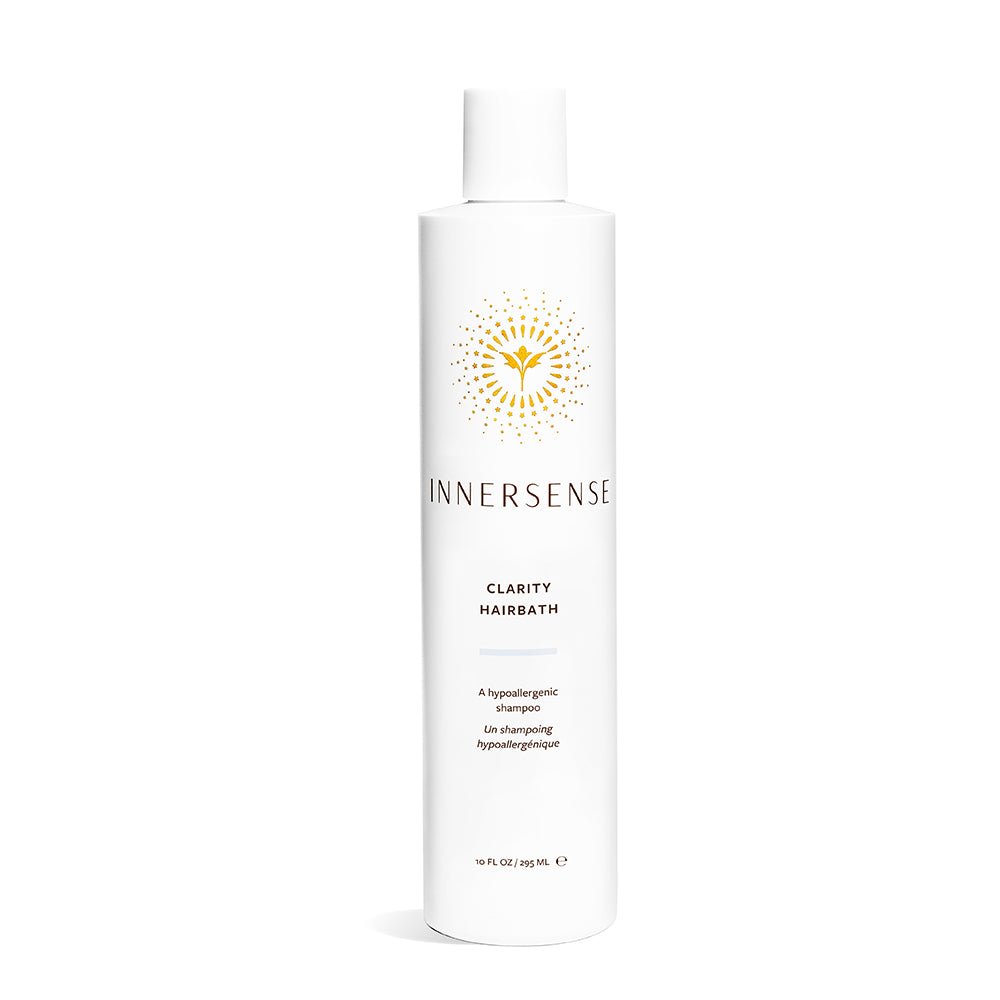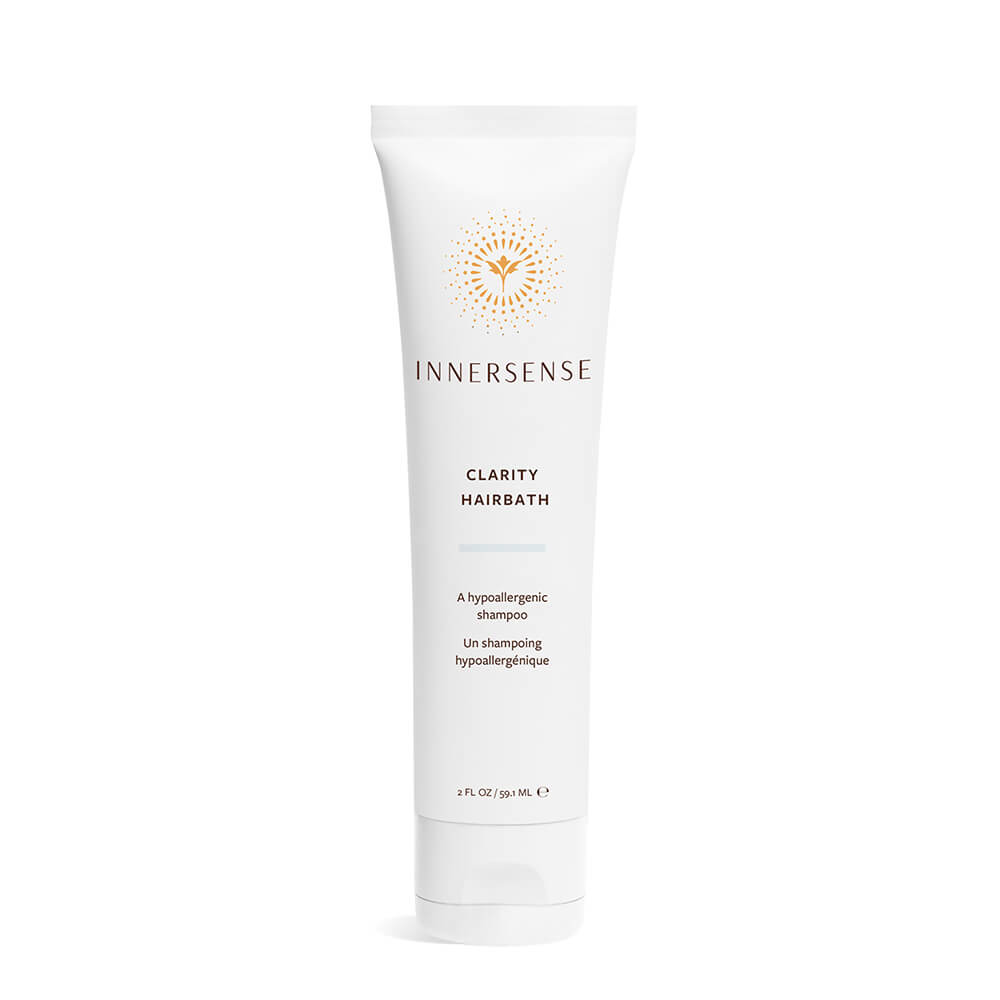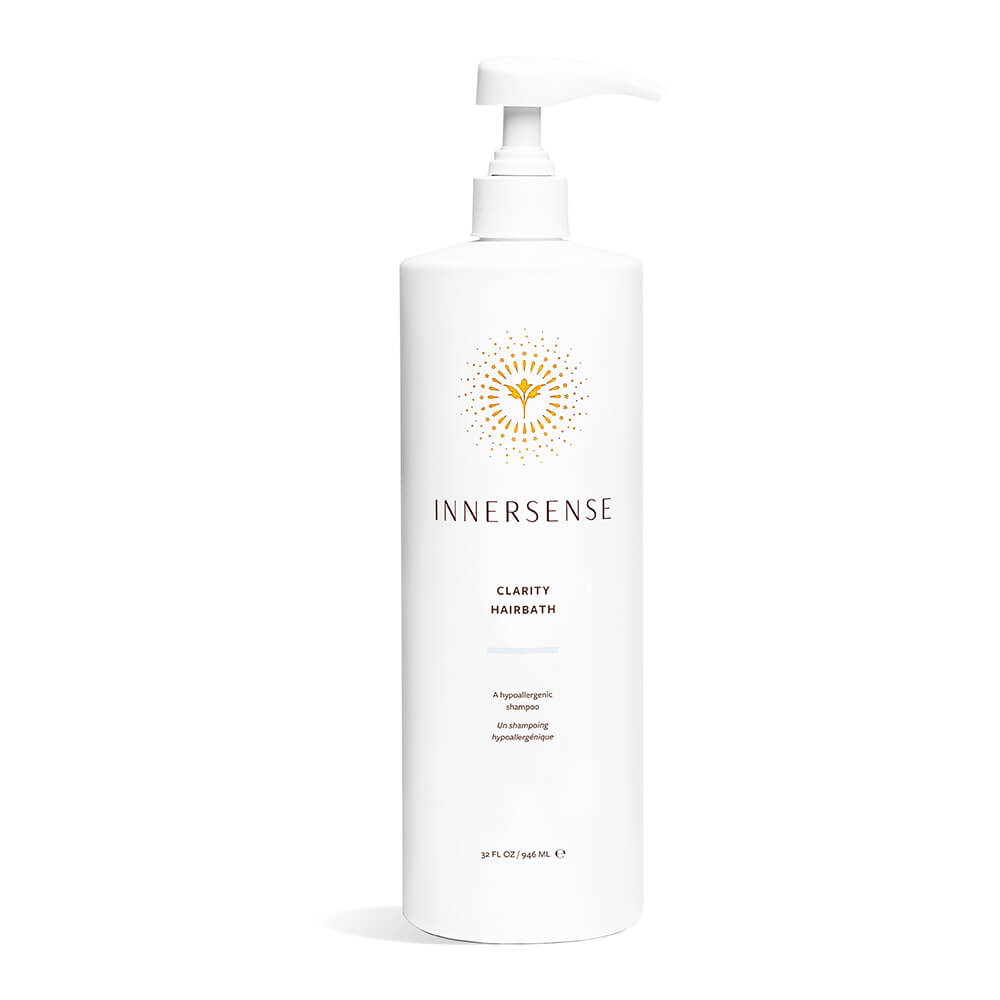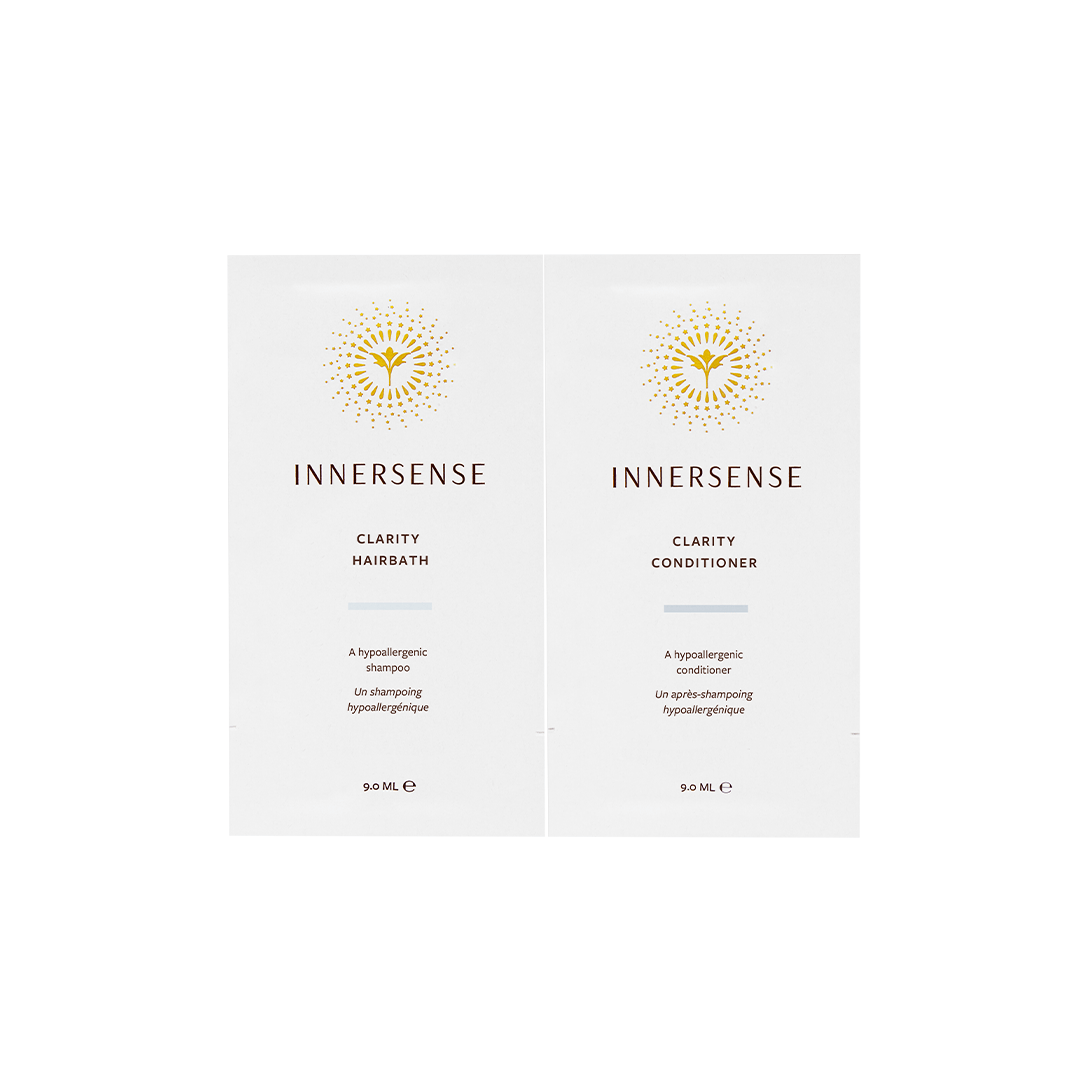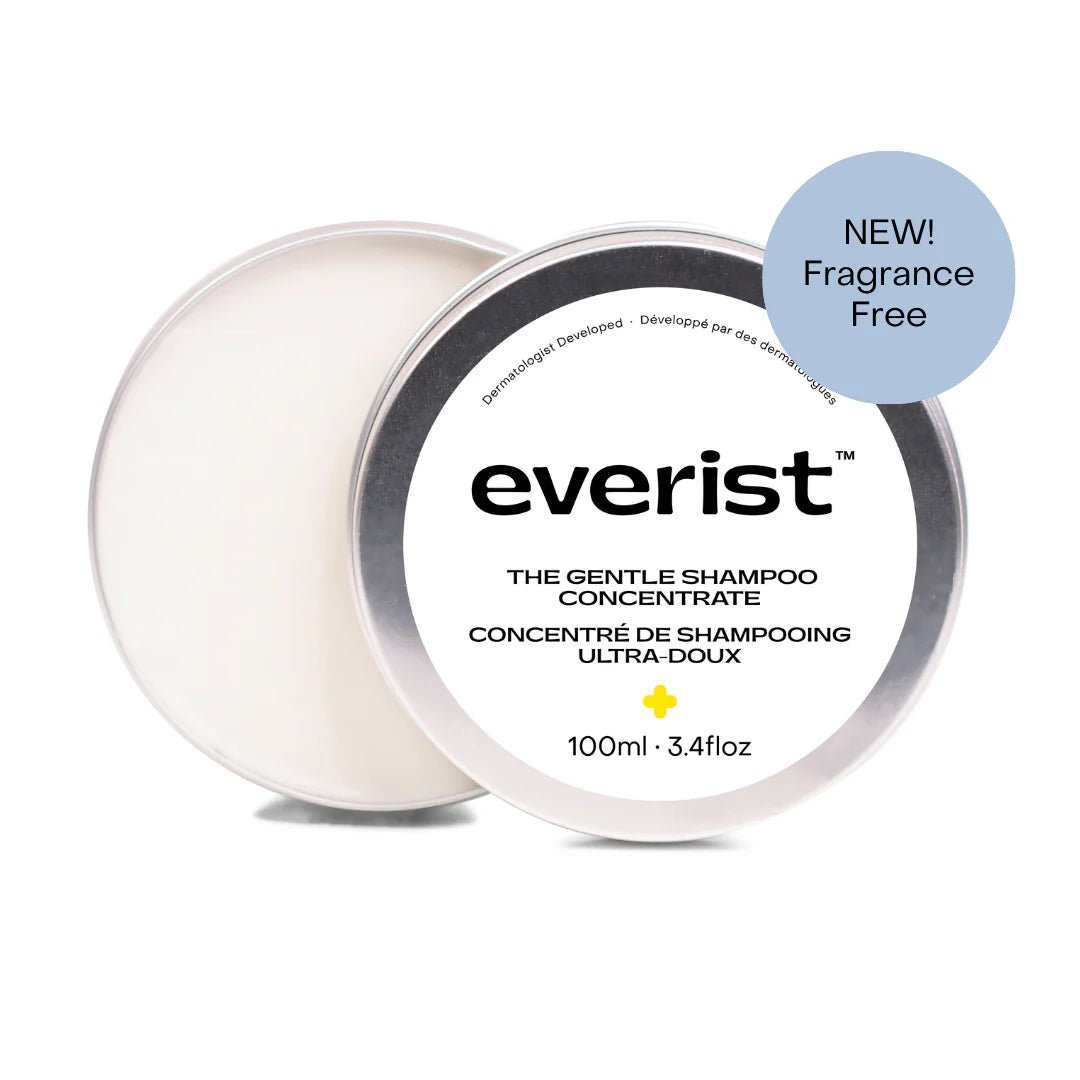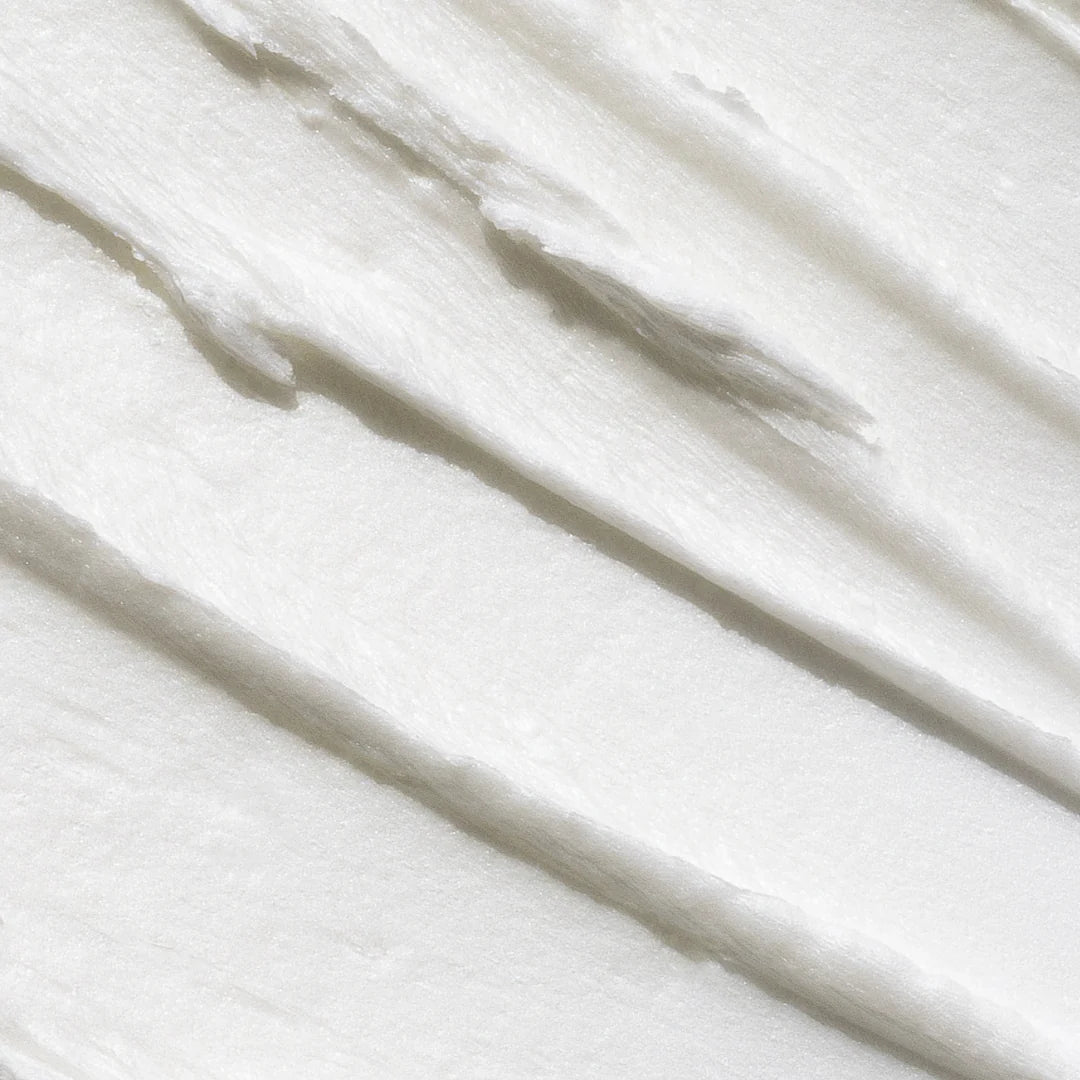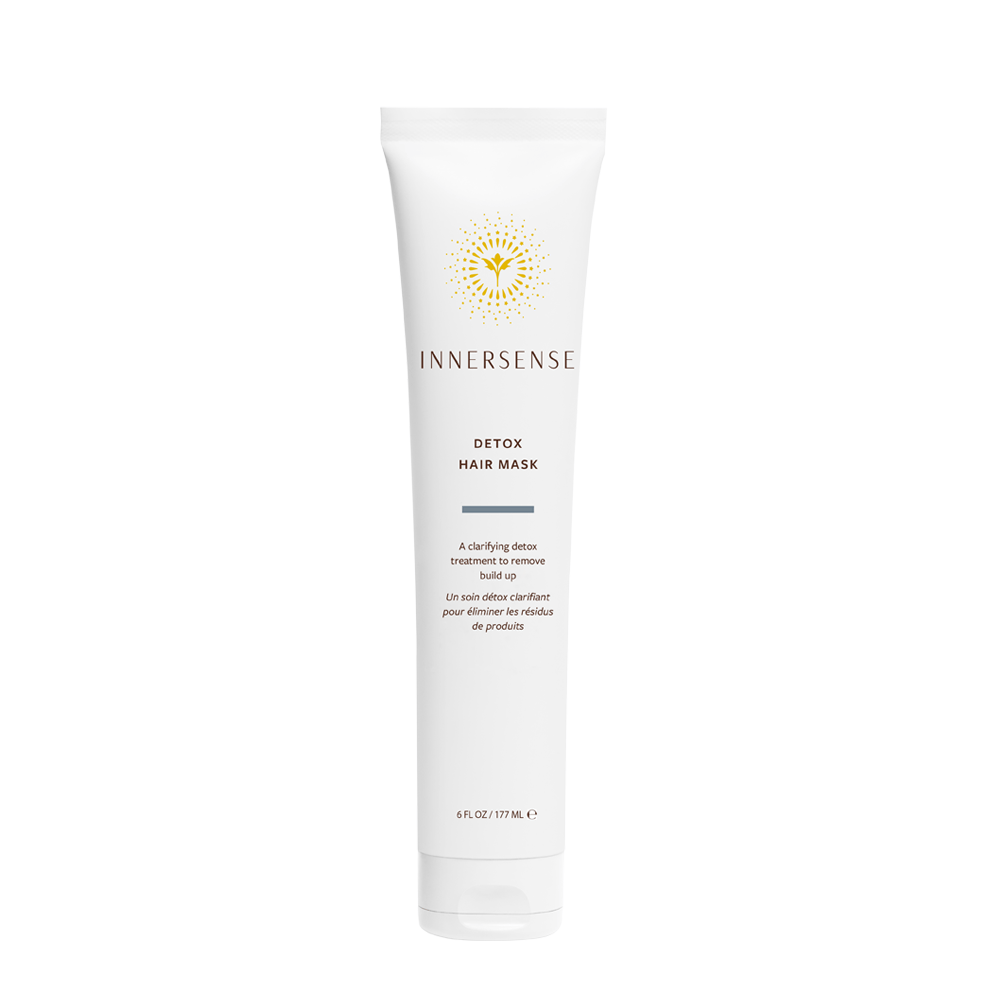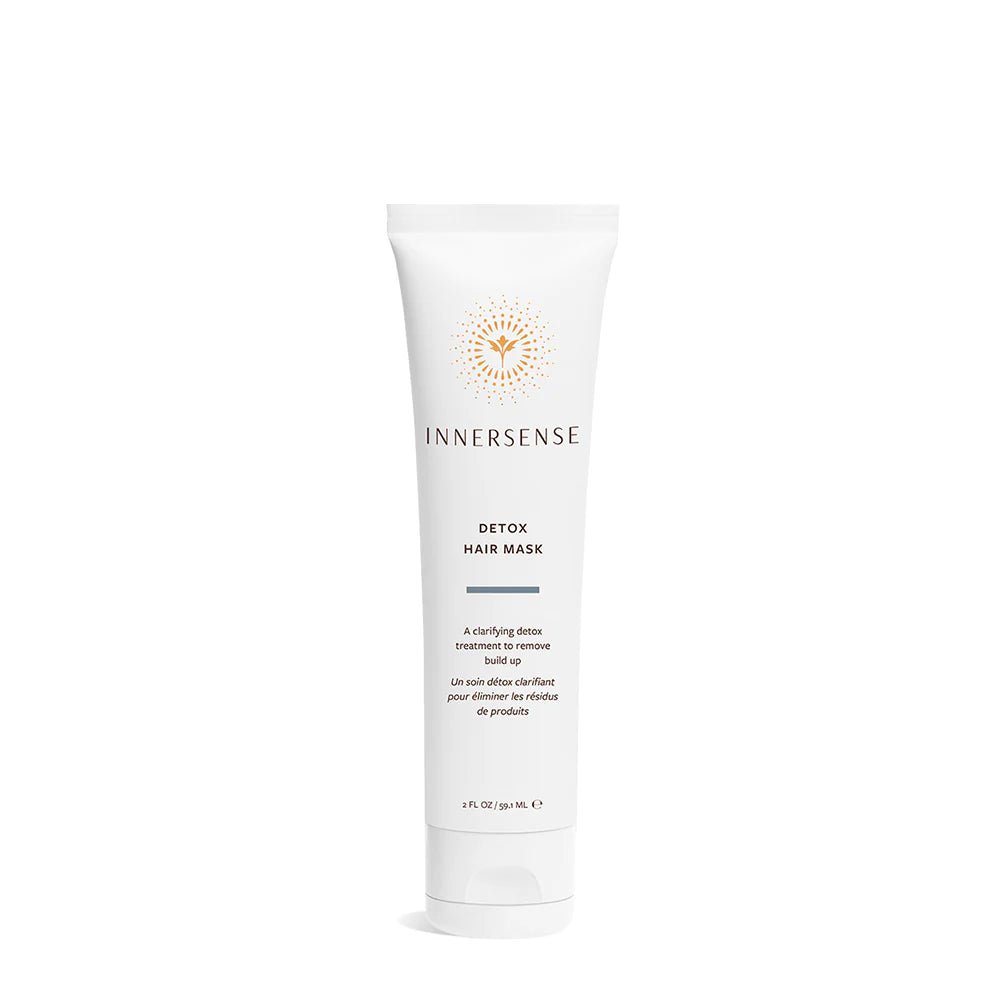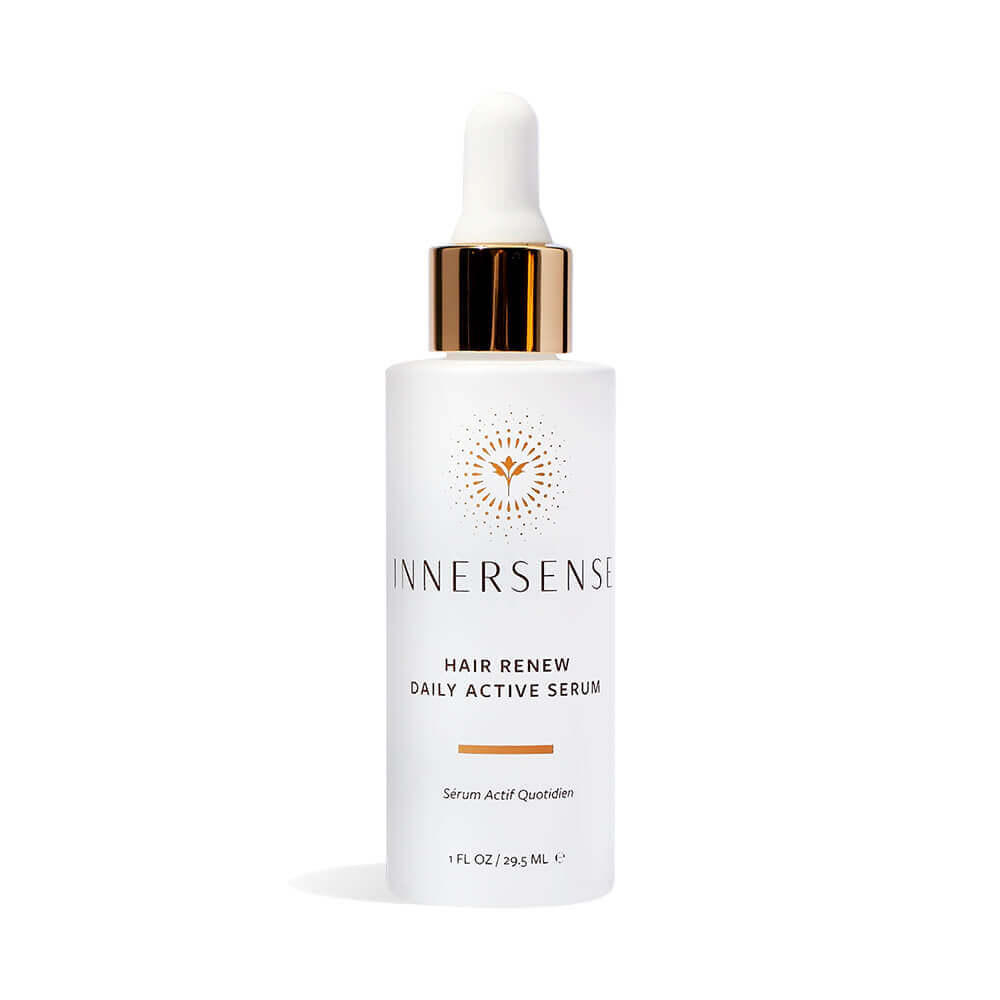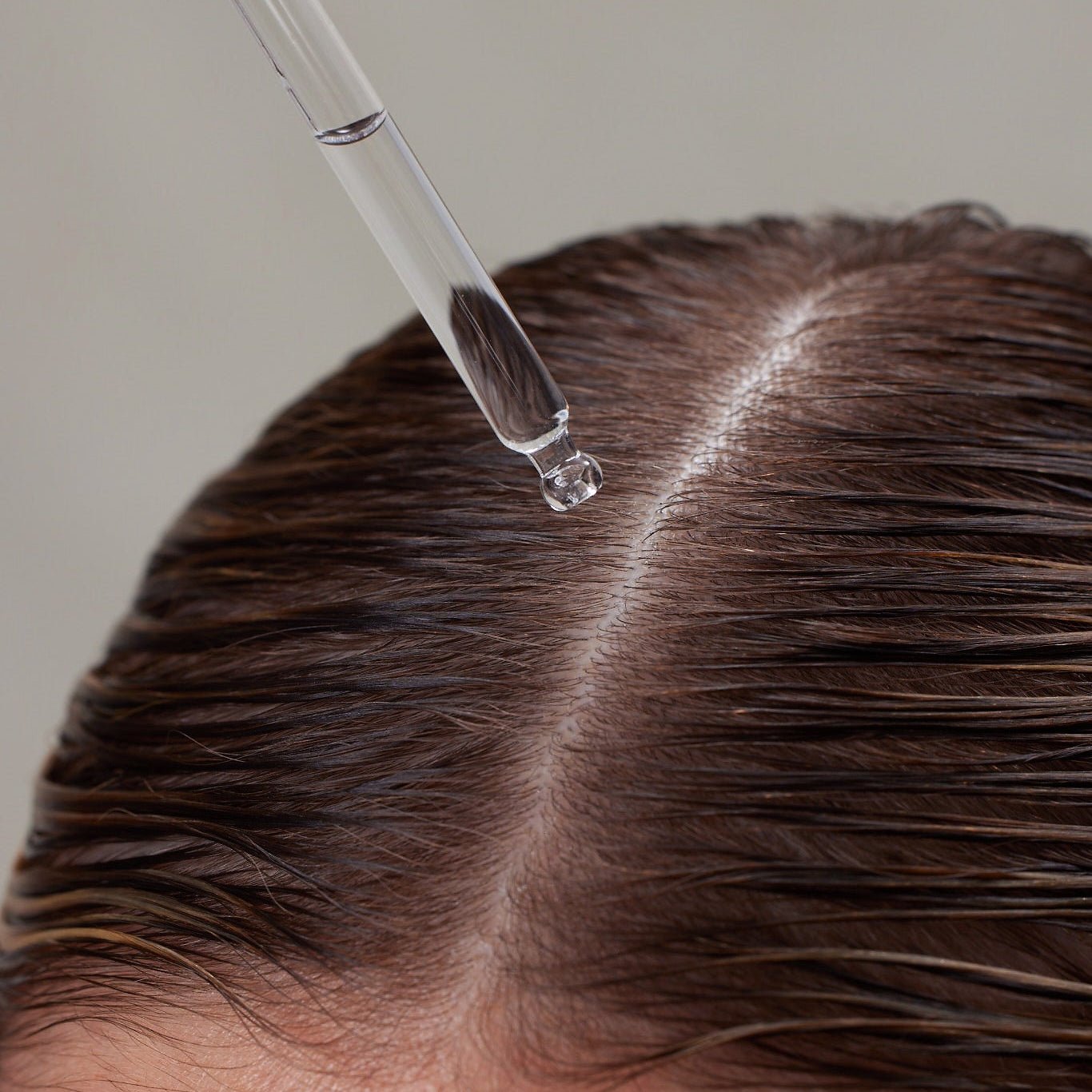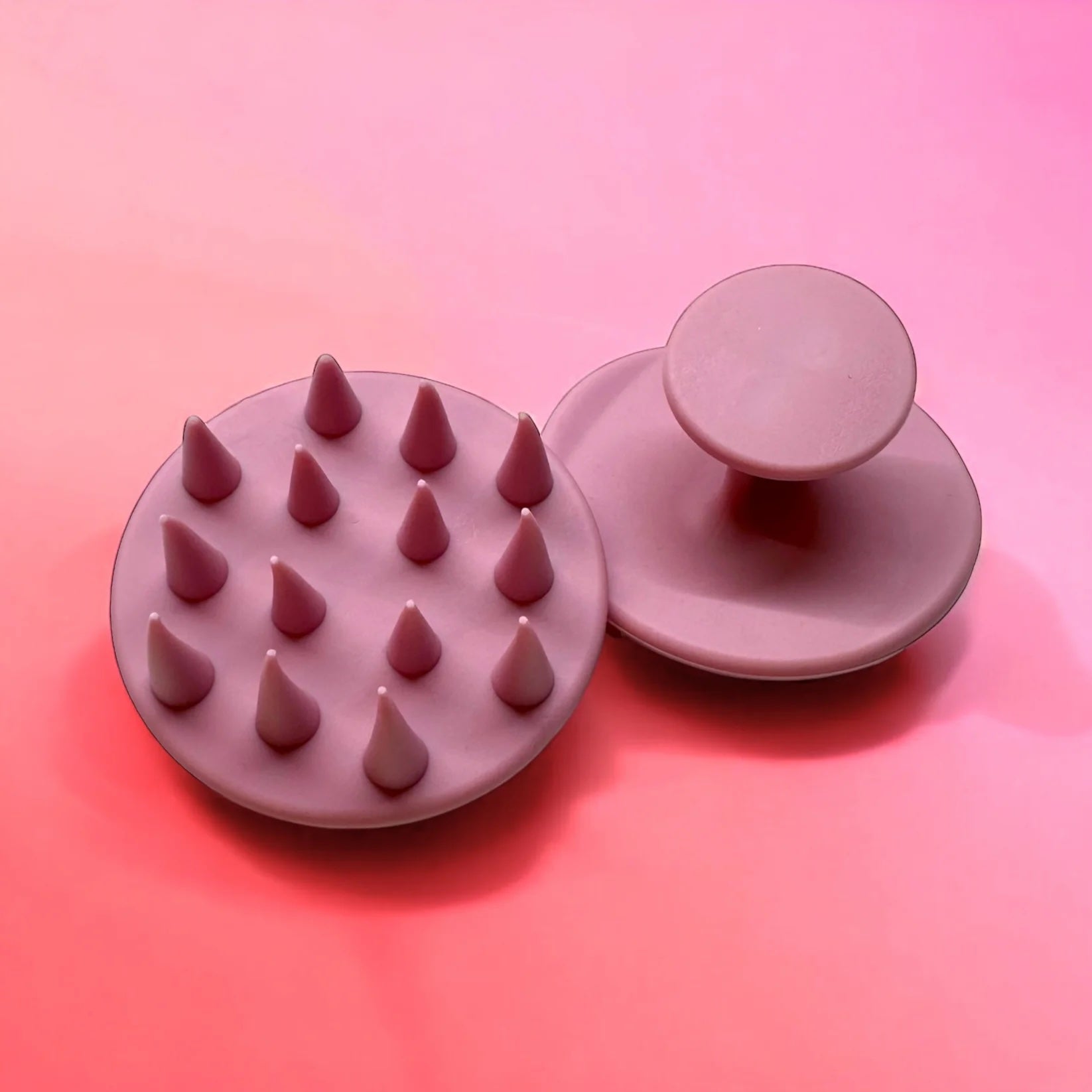
Stylists Tips
A Comprehensive Holistic Guide to Hair Loss
From a Holistic Hair Expert, international Educator, Licensed Hairstylist and Certified S.T.R.A.N.D. Stylist by board certified dermatologists.
Read on to discover everything you need to know about what causes hair loss, available hair loss treatments, and what supplements actually work.

Contents
- How does the hair growth cycle work?
- What is normal hair loss?
- Why does hair loss happen?
- Can hair loss be reversed?
- Can hair loss from stress grow back?
- Will hair loss from menopause grow back?
- What hair loss treatment is best?
- How long to see hair regrow?
- Which hair loss shampoo is the best?
- When does hair loss start postpartum?
- How to stop losing hair?
- Can rosemary oil regrow hair?
- Does biotin help with hair loss?
- Do supplements for hair loss actually work?
- Hair loss supplements
- TLDR overview
How does the hair growth cycle work?
Our scalp has on average about 100,000 follicles (each an individual organ, how amazing?!). They all go through the same growth cycle, but not at the same time.
STAGE 1 ANAGEN: hair grows actively, this phase may last for years.
STAGE 2 CATAGEN: hair stops actively growing and separates from its follicle, this phase lasts about 10 days.
STAGE 3 TELOGEN: the follicle rests for two or three months, and then the hair falls out.
Follicles will continue through this healthy cycle unless something interrupts it, causing thinning.
What's considered normal hair loss?
It’s completely normal to lose an average of about 100 hairs per day (this can range from 50-150). As each hair follicle goes through the hair cycle at different times, as a hair is lost, a new one is coming in. If you don't brush or wash your hair everyday, you may see more than 100 hairs when you wash it. For instance if you wash your hair every 4 days and don't brush it, you may see about 400 hairs come out at once - this is completely normal.
The rate of hair loss can also change depending on the season. In my work I see slightly more hair loss in spring and fall seasons, but this doesn’t apply to everyone.
Alopecia, or hair loss, happens when the rate of hair falling out exceeds your normal, and/or your rate of growth is slower than normal.
Why does hair loss happen?

There are many contributing factors to hair loss
Hair loss is complex and can be multi factorial. As you'll see below, there is crossover between stress, nutrition and hormones. Other times there is a clear scalp condition. This list is not entirely complete, however, these are the ones that are most common. This article is not meant to give medical advice or diagnose any health condition. Please seek the appropriate medical attention as you need.
HORMONAL
Our hormones control our whole body, and our hair is no different. Hormones tell the foliicles what to do, so when our hormones change, they can disrupt the growth cycle. Either pushing it through to the falling out phase faster, or inhibiting the growth phase, balanced hormones are essential for healthy, strong hair.
Examples include thyroid imbalances, menopause, PCOS, postpartum, stress
NUTRITION
Nutrition is the fuel for our body, and we know this with our muscles and bones, but it's also true with hair. Hair is made up of proteins, lipids, vitamins and minerals.When our body doesn't get enough or is unable to absorb them, our hair will suffer. Stress is also related to nutrition and hormones. When we're stressed we may not be able to absorb nutrients well. Deficiencies in iron, vit d, protein, zinc, biotin can cause hair loss.
MEDICATION
Certain medications that we take for other parts of our health can impact our hair as well.
Examples include birth control, blood pressure, antidepressants, thyroid, chemotherapy.
This doesn't mean to avoid life saving medications, but make sure you understand the possible side effects and ask your doctor if there are options to combat them.
GENETICS
Our genetics are a part of our health, though it's debated the exact level of impact they have (recent studies have shown they may not be as heavily weighted as our lifestyle, this is great news!). Much more research is needed to understand the below hair loss conditions.
Androgenic alopecia is the most well known - male or female pattern baldness.
Other examples can potentially include alopecia areata, cicatricial alopecia, frontal fibrosing alopecia (FFA), central centrifugal cicatricial alopecia (CCCA).
STRESS + ILLNESS
Stress (including illness) is something that deeply impacts our body in many different ways, and this in turn will affect our hair. Inflammation and hormonal changes are a big underlying cause of hair loss.
This is generally known as telogen effluvium, where the hair growth cycle is disrupted in the telogen phase after high fever, covid-19 or another illness, surgery, childbirth or extreme stress. Hair loss usually occurs about 2-3 months after the event.
Stress can also trigger autoimmune conditions like alopecia areata.
As previously mentioned stress can cause us to become deficient in nutrient as well due to malabsorption.
TENSION
Tension hair loss happens when the hair is physically stressed consistently - for instance in tight styles or damaged by styling tools.
The only way to stop tension hair loss is to remove the physical stress - looser styles, gentler styling tools, etc.
As you can see, this is the only external type of hair loss we're talking about here! The rest is internal.
Common Hair Loss Questions

Can hair loss be reversed?
It depends on why you’re losing more hair than normal, and how you choose to treat it! Most types of hair loss can be slowed, stopped or reversed but some may require more in depth treatment. Some types of hair loss are permanent however.
✓ Hair loss due to hormonal changes, stress, illness, nutrition and tension the great news is that YES it can regrow for most people! As the root cause of the hair loss is corrected, your hair should grow back.
→ Hair loss that is due to genetics, or medications may or may not be reversible. If you need to take a medication for health reasons that is known to cause hair loss, it may not be an option to reverse this side effect, however there are other options. Hair prosthetics are becoming more widely available, or you may also change your haircut and style by working with a licensed hairstylist that has knowledge in low density hair.
Medications and treatments specifically made for hair loss are available and may work, however, do come with side effects. More on this below!
Can hair loss from stress grow back?
Yes! Hair loss from stress can grow back. This is one of the most common types of hair loss that I see in my salon work, and the good news is that it is usually very reversible. Stress can impact hair growth and loss in a few different ways, by triggering the hair in the telogen phase to fall out faster, or to inhibit new growth from starting. Stress can also impact how your body digests nutrients, causing nutrient deficiencies. Your hair follicles, while technically organs (!), are not essential so your body will divert those nutrients to the ones keeping you alive.
As you reduce your body’s stress response, your hair follicles should also rebalance into their usual growth cycle. The reason hair loss due to stress is so common is that it’s one of the hardest things to reduce in our every day lives.
- reduce your screen time
- try breathwork or meditation (even 5 minutes a day can work)
- stretching and movement if it feels good
- practice gratitude (I’m grateful you’re reading this now!)
- make sure you’re calm before eating (and no doomscrolling at lunch)
- eat nutrient dense, whole foods
- connect with people you love
Will hair loss from menopause grow back?
Hair loss from menopause is usually linked to hormonal changes, particularly a drop in estrogen and progesterone, which can lead to hair thinning and loss. This hormonal shift can also increase the production of androgens, like testosterone, which can further contribute to hair follicle miniaturization and reduced hair density.
As hormones rebalance post menopause, you may see your hair growth come back, however there are a few treatments that can help.
Keep reading to find out more!
What hair loss treatment is best?
The hair loss treatment that is best is going to depend on the root cause of your hair loss.

Start here
- Use a high quality shampoo and conditioner (this shampoo and the corresponding conditioner is my favourite) with a consistent cleansing routine.
- Work with a licensed hairstylist to ensure there is no buildup on your hair or scalp, and your hair remains healthy with regular trims.
- Increase scalp circulation, with scalp massage or brushing.
- Use a water or aloe based scalp serum with caffeine and/or peptides (not oil based).
- Make sure you’re eating a nutritious diet with whole foods and good sources of protein.
- Drink lots of water to stay hydrated.
- Get some basic bloodwork done with a healthcare professional including iron, vitamins d and b12, as well as thyroid. Some may also do further hormonal testing.
- Avoid endocrine disrupting toxins in your personal care products and lifestyle.
When to see a dermatologist
If you’re not seeing any results after about 6 months of doing the above, I would recommend getting a referral to a board certified dermatologist that specializes in hair loss specifically.
They may decide to do further testing, can offer further testing as well as offer more treatment options. They will also be the best expert to diagnose any scalp conditions such as and seborrheic dermatitis.
They may recommend treatments such as:
- Low level light therapy
- Microneedling (at home or professional grade)
- Medicated shampoo or scalp treatments such as minoxidil, ketoconazole shampoo.
- Steroid injections
- Topical steroids
- Oral anti-inflammatory


Further hair loss treatment options
If you're not able to see results, there may be more invasive treatment options such as:
- Low level light therapy (professional quallity)
- Oral medication for hair loss like finasteride, JAK inhibitors, metformin (off label)
- PRP injections into the scalp (platelet rich plasma) - great studies on this!
- Microneedling (professional grade)
- Fat grafting
- Hair transplant surgery can be used alongside other treatments for best outcomes.
How long to see hair regrow?
It will vary how soon you’ll see a difference in hair regrowth after beginning a treatment, however, the earliest you may notice is 3 months and it may take up to 12 months. Since it takes time for internal changes to happen, effect the hair follicle in it’s growth cycle, then to actually grow out of your head it’s important to have patience and remain consistent.
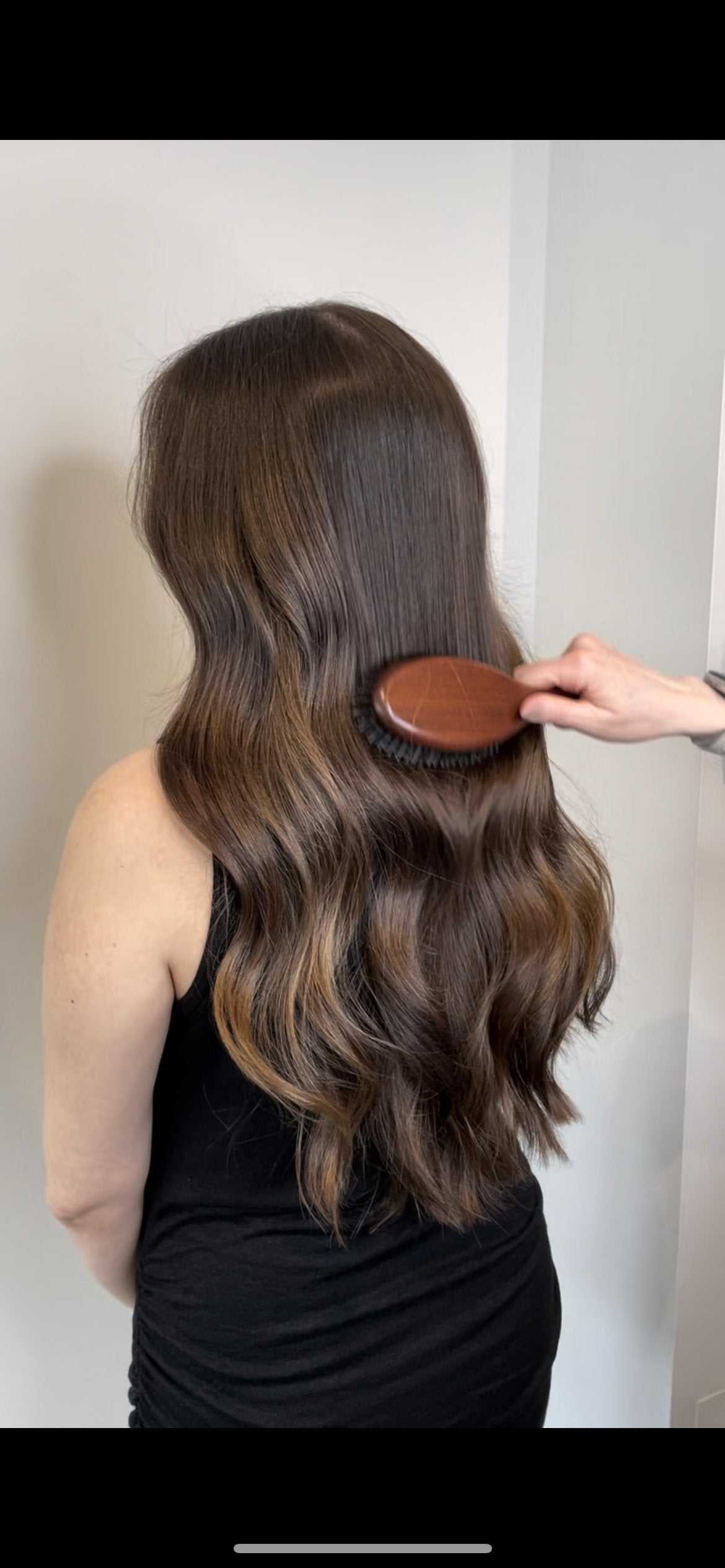
Healthy hair + scalp
Which hair loss shampoo is the best?
The shampoo that may work for hair loss is the one that helps to address the root cause.
Shampoo for hair loss can help to slow hair loss, and may improve hair growth somewhat but they are unlikely to treat hair loss entirely on their own.
Most hair loss shampoos can reduce the amount of DHT on the scalp (DHT can cause miniaturization of the hair follicle leading to thinning), however since the root cause of hair loss is usually internal they won’t be as effective.
If your hair loss is due to inflammation caused by an ingredient such as linalool in shampoo (from essential oils), using a hypoallergenic shampoo will help.
The shampoo I recommend first as a holistic hairstylist
As a hairstylist, I can’t make medical recommendations, so what I always recommend first is to use a shampoo without any fragrance or essential oils (like this one).
There is evidence to show that certain components of essential oils can cause inflammation in the hair bulge (in the follicle) that can lead to hair loss. This is a very easy fix to ensure that we rule that out, and I’ve personally seen a noticeable difference in my own hair by simply doing this.
Using a shampoo like this will also help to ensure that any scalp conditions aren't aggravated further and it recommended by dermatologists alongside medical treatments.
When does hair loss start postpartum?
I’ve seen postpartum hair loss start as early as 2 months after giving birth, and up to about 6 months after. In some cases, the birthing person may also notice some hair loss and changes to their scalp for as long as they breast feed and as they stop. This is, of course, due to the hormonal changes that come along with each stage of postpartum.
Postpartum hair loss is caused by changes in hormones, starting with when you’re pregnant! Increased levels of estrogen and progesterone extend the growth (anagen) phase of hair, meaning you’ll lose less hair than normal while pregnant. After childbirth when estrogen and progesterone decline dramatically, you lose all the hair that you kept longer during pregnancy. You’ll also likely be quite nutrient deficient afterwards, and cortisol usually rises drastically.
I love this article by a Naturopathic Doctor on how to support your body (after c section, but so much applies to anyone!).
And don’t worry, postpartum hair loss usually isn’t permanent, and will grow back as your body rebalances!
How to stop losing hair
There are many contributing factors to hair loss
Understanding the root cause of your hair loss is the most important thing to stop losing excessive amounts of hair.
The Basics
- Use a high quality shampoo and conditioner (this shampoo and the corresponding conditioner is my favourite) with a consistent cleansing routine.
- Work with a licensed hairstylist to ensure there is no buildup on your hair or scalp, and your hair remains healthy with regular trims.
- Increase scalp circulation, with scalp massage or brushing.
- Use a water or aloe based scalp serum with caffeine and/or peptides (not oil based).
- Make sure you’re eating a nutritious diet with whole foods and good sources of protein.
- Drink lots of water to stay hydrated.
- Get some basic bloodwork done with a healthcare professional including iron, vitamins d and b12, as well as thyroid. Some may also do further hormonal testing.
- Avoid endocrine disrupting toxins in your lifestyle.
More Treatment Options
- Low level light therapy
- Microneedling (at home)
- Medicated shampoo or scalp treatments such as minoxidil, ketoconazole 2% shampoo.
- Steroid injections
- Topical steroids
- Oral anti-inflammatory
Advanced Medical Treatments
- Low level light therapy
- Oral medication for hair loss like finasteride, JAK inhibitors, metformin (off label)
- PRP injections into the scalp (platelet rich plasma) - great studies on this!
- Microneedling
- Fat grafting
- Hair transplant surgery can be used alongside other treatments for best outcomes.

Scalp Serum
Powered by three potent peptides, post-biotics and caffeine, EverBoost is proven to activate 12 different genes associated with hair growth, outperforming both rosemary oil and the leading hair growth active*.
Can rosemary oil regrow hair?
There is some evidence to show that rosemary oil may help to grow hair, however, this is not a treatment option I recommend. The studies that link rosemary oil and hair growth also state that there was an increase in irritation and itching on the participants, and I believe the side effects and potential damage to the scalp outweigh the benefits.
It’s also hard to separate what effect is from the rosemary oil versus the massage that happens when you put it on your scalp. Scalp massage is proven to also help to regrow hair so it’s hard to isolate the cause.
Rosemary oil will not address any of the root causes of hair loss, which are important, and must be diagnosed for proper treatment of hair loss.
Does biotin help with hair loss?
Biotin can only help with hair loss if you are deficient in it. If you are not tested to confirm deficiency (which is rare), please do not supplement with biotin as it will not help with your hair growth, and can negatively impact blood test results and medication.
Supplements for Hair Growth

Do supplements for hair loss actually work?
There are certain supplements that will help to support hair growth but I want to be very clear that they are a very select few. Please do not take zinc or biotin without confirmation that you have a deficiency and it’s recommend by a healthcare professional.
Once you have confirmed blood work for any deficiencies in iron, vit d, zinc, or b12, feel free to supplement with high quality vitamins.
I only recommend two supplements to help support hair growth and reduce hair loss.
Recommended hair loss supplements
Hydrolyzed collagen
Collagen is a protein composed of essential amino acids like proline, glycine, and lysine, which are building blocks for keratin, the protein that makes up hair.
It’s important to get a product that is from bovine sources that is hydrolyzed peptides to help with absorption in the body.
Collagen is a colourless, odourless powder that can easily be added into drinks, smoothies, soups and more.
I like this one - sustainably sourced from grass-fed, pasture-raised, antibiotic-free, and hormone-free cattle.
NUTRAFOL
Nutrafol is an incredible science backed supplement for hair loss. They are well backed by scientific evidence and have published clinical studies.
Nutrafol uses high quality, bioavailable natural ingredients such as:
Saw Palmetto: promotes hair growth by helping reduce DHT, a hormone that shrinks hair follicles and leads to progressive hair thinning.
Ashwaghanda: shown to lower cortisol levels for stress relieving benefits to reduce hair shedding
Curcumin: an active ingredient found in Turmeric, this supercharged antioxidant addresses multiple root causes of hair thinning and is 500x more potent than Turmeric alone



Conclusion
The reasons behind hair loss are complex and layered, so the approach to treat hair loss should be the same.
The type of hair loss, what stage it's in as well as what types of treatments you're comfortable with will determine what path you decide to take.
Regardless of whether you're getting medical treatment or not, the basics that I mentioned of good quality products, consistent care, reducing stress and increasing nutrients will help to support healthy hair growth.
This is a holistic approach to haircare.
